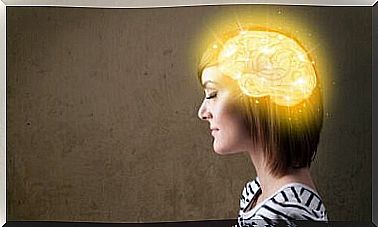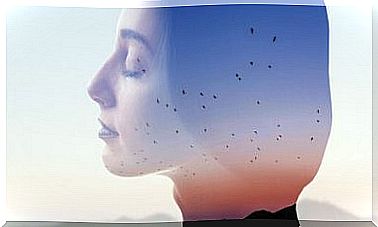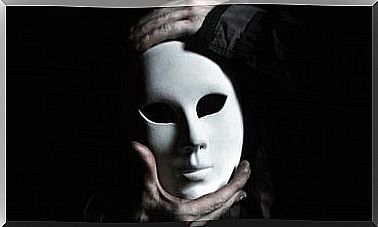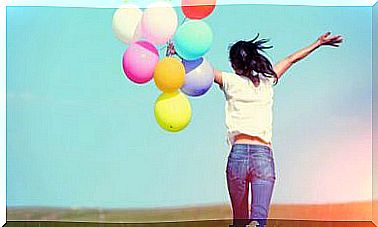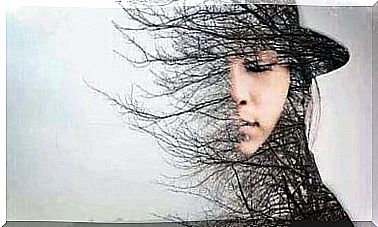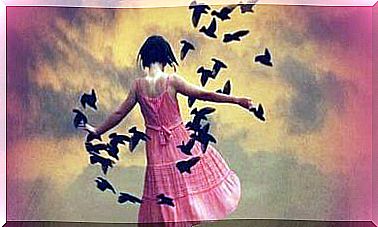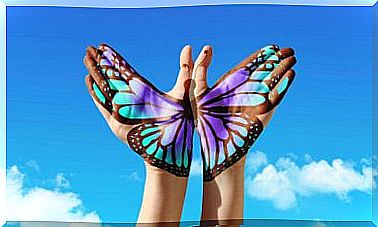Life After A Stroke: Our Anonymous Warriors
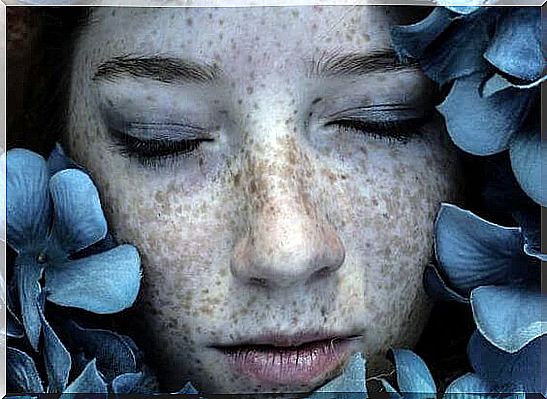
There are many anonymous warriors whose names we do not know. People who survived a stroke, beings that although a little more “broken” know that after that blow a new stage opens: the daily struggle, and with it that recovery that can last a lifetime.
No one is completely unscathed from a stroke. Life is not fair, and sometimes, it does not matter that you are young, or that you have healthy habits. The stroke erupts treacherously and violently, fragmenting us. People who have managed to survive discover on their own skin that topic that we sometimes say lightly that “there are moments that mark a before and after”.
And now that? After these types of high intensity impacts and often, with serious consequences, the person is forced to live a duel. Because there is a loss: the loss of a part of oneself, of a way of life, of a face, of a body that perhaps no longer responds in the same way.
They are tough personal battles that sometimes touch us from very close. We cannot forget, for example, that according to statistical data, strokes are the leading cause of death in women. Likewise, stroke continues to be one of the main causes of permanent disability.
Whoever manages to survive this must go through a series of stages as delicate as they are profound to finally emerge as a new person. Someone stronger, someone who struggles every day with the possible consequences that fate, sometimes unfair, ironic and cruel, has wanted to bring him.
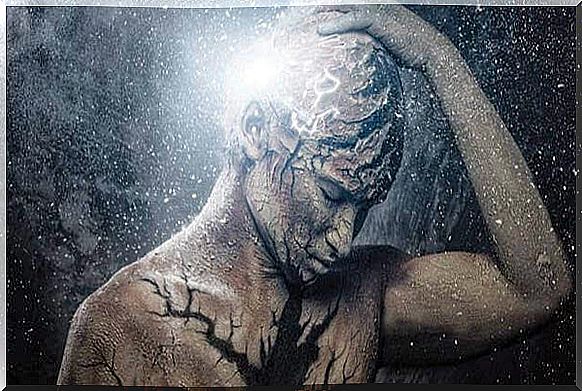
Waking up after a stroke
A stroke is a sudden problem with the brain’s own blood circulation. It can occur with a rupture of a cerebral vessel or a drop in blood supply. All this produces something irreversible: the death of brain cells due to the lack of supply of oxygen and nutrients.
We know that immediacy in medical care is key, both for survival and to alleviate the possible consequences. However, we cannot forget something essential either. The impact for families, friends and people close to the affected person. Life stops for everyone. The light goes out and no one knows when or how our loved one will wake up.
Those days in intensive care are remembered by patients in a strange, turbulent, distant way. Lost in a misty dimension and disconnected from reality, they are still oblivious to what has really happened. Waking up is slow and, of course, traumatic. However, you must act quickly. Because neurological recovery has two phases that must be started as soon as possible.
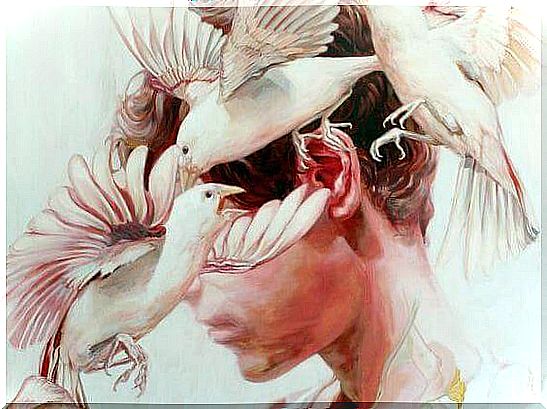
The first stage lasts six months and the brain does what it can. The goal is vital: you must restore the destroyed neural connections. Later, the rehabilitation stage will come, where the brain must continue to establish achievements, connections, sensitivities, movements … It requires external stimulation and of course, the will of the patient, his spirit and the support of his personal circle.
Neurological recovery specialists tell us that willpower isn’t everything. It is clear that each patient will face more or less serious sequelae. However, after a stroke, a whole multidisciplinary intervention is needed.
Doctors, therapists and multiple social agents are added to the patient’s will. They are there to accompany, rehabilitate, inform and make patients not feel alone. That life goes on, that life awaits you to give you new opportunities.
How do we know if we are having a stroke?
Next, we indicate the information to take into account:
- Severe, deep headache. The most painful we’ve ever had.
- Paralysis of a part of the body: arm and leg on the same side.
- Problems articulating words, and even understanding.
- Dizziness, imbalances and incoordination.

